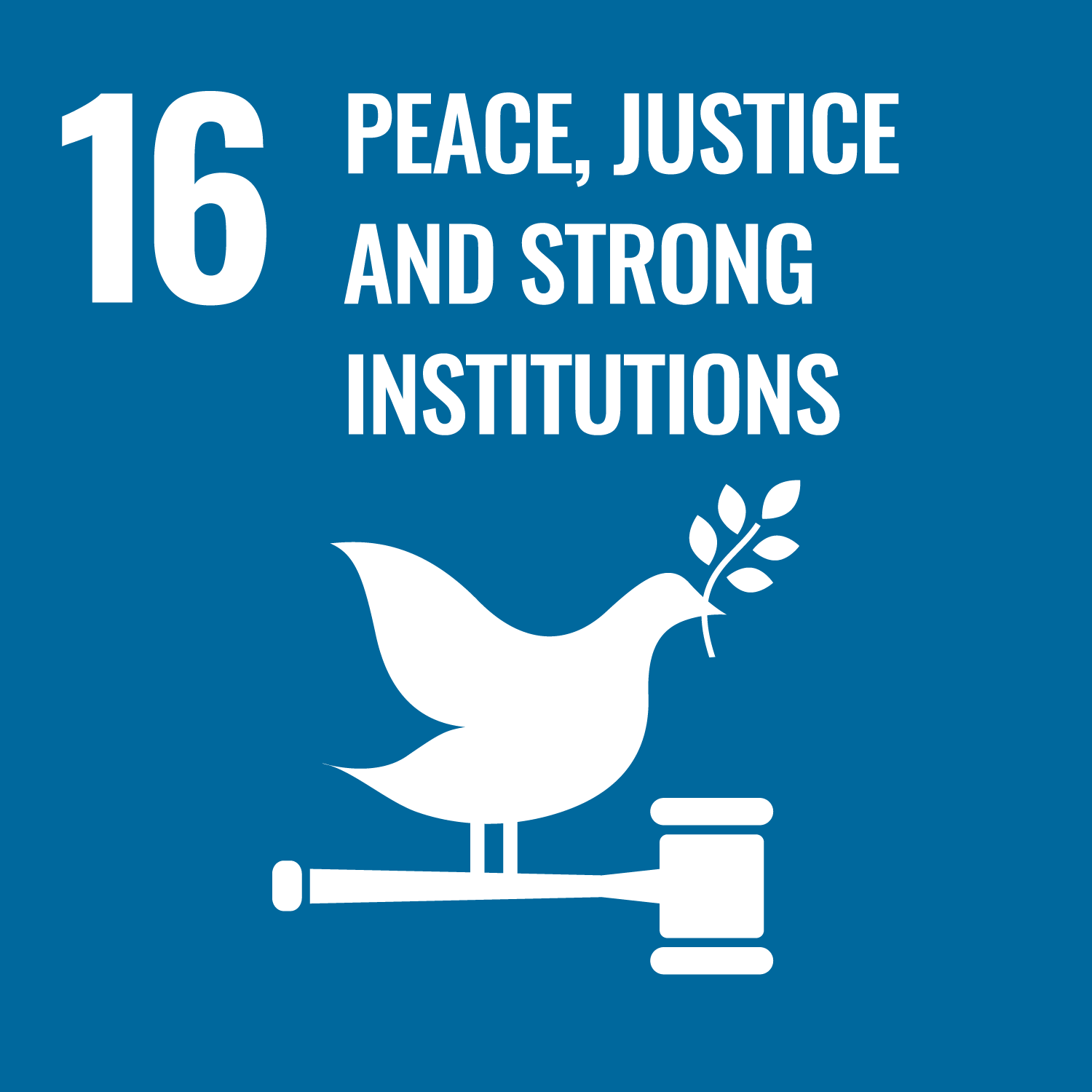This report details the actions taken by the Hate No More Campaign as part of their work to combat homophobia in Uganda. Launched in 2012, the Hate No More Campaign was funded by various international institutions and was run on the twin strategies of awareness-raising through posters and dialogue with policy makers and people of high ‘moral standing’ in Uganda.
The report presents the findings of the second phase of the campaign, which was focused on changing attitudes in human rights organisations, government branches and other influential entities in the Kampala area.
The report details the various meetings attended and presentations given by members of the campaign. Meetings with Crested Crane Lighters, a sex worker organisation, the Most at Risk Populations Initiative, a health provision initiative, and with the Chief Administrative Officer in Mukono district, as well as other meetings, are detailed.
The report presents the achievements of the campaign (including that a majority of visits were hospitable and a minority hostile), the challenges (including being asked for identity documents by political actors, and overall lack of finances to support volunteers) and recommendations (including providing field staff with identity documents and further engaging the public.) The report closes with an appendix detailing Kasha Jacqueline Nabagesera, a Ugandan LGBT rights activist.








